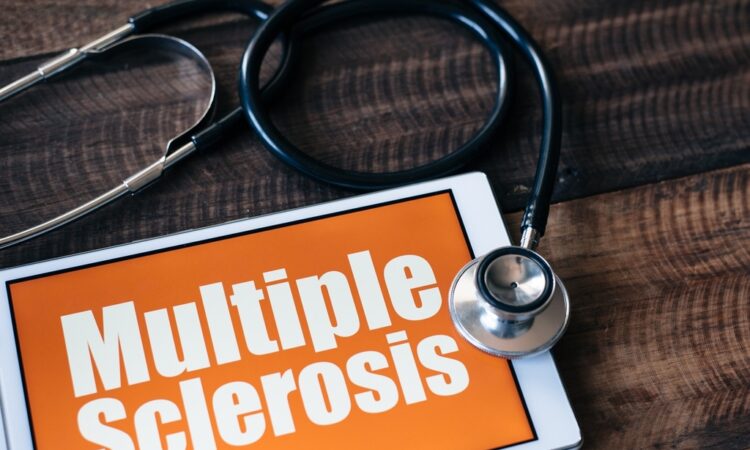
Most people wait until the onset of multiple sclerosis (MS) symptoms before seeking medical help. But by then, it may be too late. Timely treatment of MS symptoms can help people avoid a life-altering diagnosis. The first signs of MS are different from the symptoms typically associated with MS once the disease has progressed. Some of the early warning signs are
Vision Issues
Optic neuritis, neuromyelitis optica, blurred vision, poor contrast or color vision, and pain with eye movement are all severe conditions that should be treated as soon as possible.
Tingling or Numbness
Numbness of the face, body, or arms and legs is a common early symptom in people later diagnosed with MS.
Fatigue
It affects most people, may considerably impair one’s capacity to function at home and work, and can be the most prominent symptom in someone with just minor activity constraints.
Walking Difficulties
Walking problems can be caused by various issues, including weakness, spasticity, loss of balance, sensory impairment, and weariness. Physical therapy, assistive therapy, and medications can help.
Spasticity
Feelings of stiffness and a wide range of involuntary muscle spasms can occur in any limb, but the legs are more common.
MS Hug
An MS hug is a squeezing sensation around the torso that feels like a blood pressure cuff when it tightens. It’s often the initial sign of MS or a relapse.
Weakness
Weakness can be caused by deconditioning of unused muscles or injury to nerves that stimulate muscles. It can be treated with rehab programs, mobility aids, and other assistive equipment.
Dizziness and Vertigo
MS patients may experience dizziness, lightheadedness, or the sense that their surroundings are spinning.
Bladder Issues
Bladder dysfunction, which affects many persons with MS, is usually treatable with medicines, hydration management, and intermittent self-catheterization.
Bowel Problems
Constipation and loss of bowel control are significant concerns for patients with MS. Diet, sufficient fluid intake, physical activity, and medication are commonly used to treat bowel issues.
Sexual Issues
This is a widespread occurrence in the general population, including in MS patients. Damage to the central nervous system and symptoms like fatigue and spasticity, and psychological issues can all impact sexual responses.
Cognitive Changes
The ability to process incoming information, learn and recall new knowledge, organize and problem-solve, focus attention, and appropriately perceive the surroundings are all high-level brain activities that are affected in many people with MS.
Depression
It is more common among MS patients than in the general population or those with various other chronic, severe conditions. Depression can be a primary symptom and/or be triggered by the disease’s challenges.






